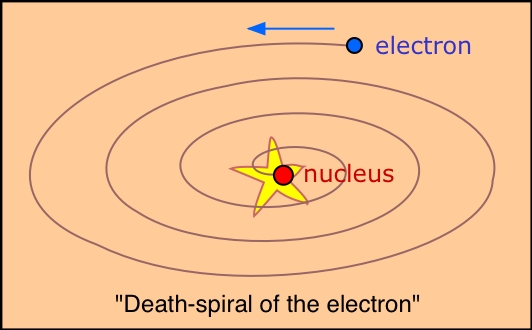Paul Charles William Davies, AM (born 22 April 1946) is an English physicist, writer and broadcaster, a professor at Arizona State University as well as the Director of BEYOND: Center for Fundamental Concepts in Science. His research interests are in the fields of cosmology, quantum field theory, and astrobiology.

SCIENCE, we are repeatedly told, is the most reliable form of knowledge about the world because it is based on testable hypotheses. Religion, by contrast, is based on faith. The term "doubting Thomas" well illustrates the difference. In science, a healthy skepticism is a professional necessity, whereas in religion, having belief without evidence is regarded as a virtue.
By Paul Davies [12.31.06]
Clearly, then, both religion and science are founded on faith —
namely, on belief in the existence of something outside the universe, like an unexplained God or an unexplained set of physical laws, maybe even a huge ensemble of unseen universes, too. For that reason, both monotheistic religion and orthodox science fail to provide a complete account of physical existence.
